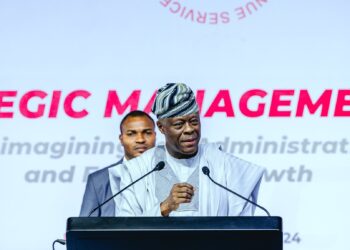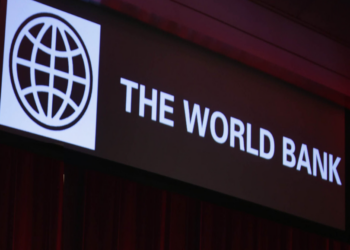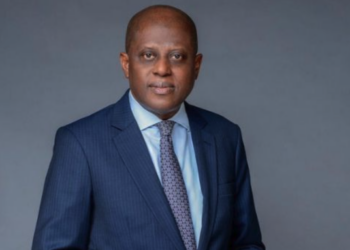The World Bank has approved $500 million to support Nigeria in improving electricity distribution in the country.
This was disclosed by the global financial institution firm via a statement seen by Nairametrics on Friday.
In the statement, Shubham Chaudhuri, World Bank’s Country Director, explained that the project will help boost electricity access by improving the performance of the Electricity Distribution Companies (DisCos) through a large-scale metering program desired by Nigerians for a long time.
Also, financial support would be provided to private distribution companies only on achievement of results in terms of access connections, improved financial management and network expansion.
READ: NERC says 62.63% of electricity consumers on estimated billing
Chaudhuri said, “Improving access and reliability of power is key to reduce poverty and unlocking economic growth in the aftermath of the global COVID-19 pandemic.
“The operation will help improve the financial viability of the DISCOs and increase revenues for the whole Nigerian power sector, which is critical to save scarce fiscal resources and create jobs by increasing the productivity of private and public enterprises.”
He added that the Nigeria Distribution Sector Recovery Program (DISREP) will help improve service quality, as well as the financial and technical performance of distribution companies by providing financing based on performance and reduction of losses.
READ: Power Sector: There is a deficit of competent engineers in Nigeria – COO, IBEDC
What it means
The World Bank initiative will ensure that the DisCos make necessary investments to rehabilitate networks, install electric meters for more accurate customer billing and to improve quality of service for those already connected to the grid.
It will also help strengthen the financial and technical management of DISCOs to improve the transparency and accountability of the distribution sector.
The program will reduce the CO2 emissions of the Nigerian power sector by reducing technical losses, increasing energy efficiency, replacing diesel and biomass with grid-electricity, and investing more in on- and off-grid renewable energy.
READ: FG launches One-Stop Investment Platform for renewable energy investments
What they are saying
Nataliya Kulichenko, Task team leader for the project, said,
“The program will only be eligible to those DISCOs that transparently declare their performance reports to public with actual flow of funds based on strict verification of achieved performance targets by an independent third party. The program would also make meters available at affordable prices to all consumers in Nigeria, a long pending demand of Nigerians.”
What you should know
- About 85 million Nigerians don’t have access to grid electricity. This represents 43% of the country’s population and makes Nigeria the country with the largest energy access deficit in the world.
- According to World Bank, the lack of reliable power is a significant constraint for citizens and businesses, resulting on annual economic losses estimated at $26.2 billion (₦10.1 trillion), which is equivalent to about 2% of GDP.
- According to the 2020 World Bank Doing Business report, Nigeria ranks 171 out of 190 countries in getting electricity and electricity access is seen as one of the major constraints for the private sector.

























